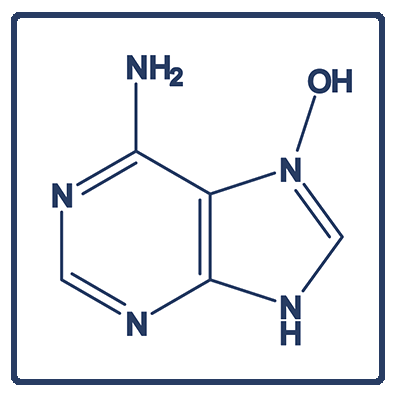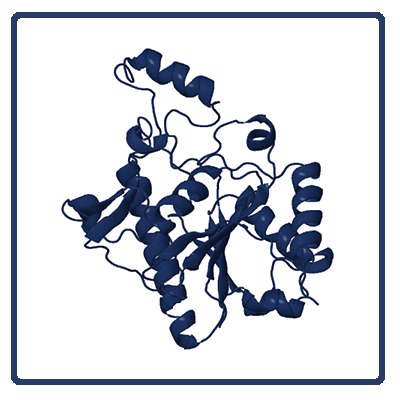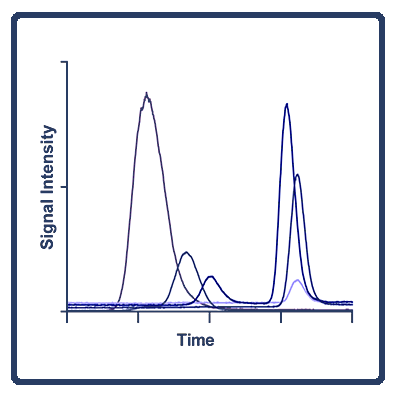
For further information, or inquiries with regards to scheduling, please contact the facility via E-mail: mass.spec.facility@utoronto.ca
Current sample drop off procedures can be found in our Protocols Section or at the following link:
https://biozone.utoronto.ca/sample-drop-off-procedure
Modern mass spectrometers have exquisite accuracy, sensitivity, resolution, and range that allows for the precise identification of proteins, small molecules, and metabolites. BioZone’s Mass Spectrometry Facility operates as an instrument facility serving both internal researchers and students in addition to external clients. The facility is housed within BioZone at the University of Toronto’s Faculty for Applied Science and Engineering. Founded in 2012, this non-profit facility focuses on the expansion and refinement of mass spectrometry detection methodologies with the goal of producing high quality data for publications and to facilitate a wide range of commercial applications.
Services offered by the BioZone Mass Spectrometer Facility include:

Small Molecule Analysis
Small molecule analysis involves accurate mass determination and/or quantification of analytes in a given sample. Samples are analyzed, identified, and validated through comparison to chemical standards. Examples of small molecule analytes include but are not limited to: amino acids, fatty acids, organic acids, vitamins, pharmaceuticals, and short biopolymers.

Metabolomics
Metabolomics is the measurement of the unique “chemical fingerprint” resulting from cellular processes in an organism. By observing changes in this fingerprint as a result of cellular perturbations (deletion, insertion, mutation, external stress), we can gain a better understanding of an organism’s biological mechanisms and any associated phenotypes.

Proteomics
Proteomics involves the large-scale study of proteins produced in a given organism or cellular system. By monitoring changes in expression, co-translational and post-translational modifications, and interactions, we can gain a better understanding of an organism’s cellular processes. Employing a “Bottom-up” approach, we can identify and validate protein identity following proteolytic cleavage.

Sample Preparation
In order to facilitate analysis, samples must be prepared in a manner suitable for mass spectrometry based detection. We offer onsite preparation and extraction of samples for mass spectrometry analysis based upon the nature of the sample. Briefly, this may involve growth and isolation of cells, quenching of cellular processes, analyte extraction and processing for mass spectrometry analysis.

Method Development
Due to the nature and variety of analytes that can be observed through mass spectrometry, specialized extraction, separation, and detection methods may be required. Our facility offers the development of custom methods to meet client requirements following consultation.
Inquiries
Please direct all inquiries for services and pricing to:
Robert Flick, M.Sc. (mass.spec.facility@utoronto.ca)
